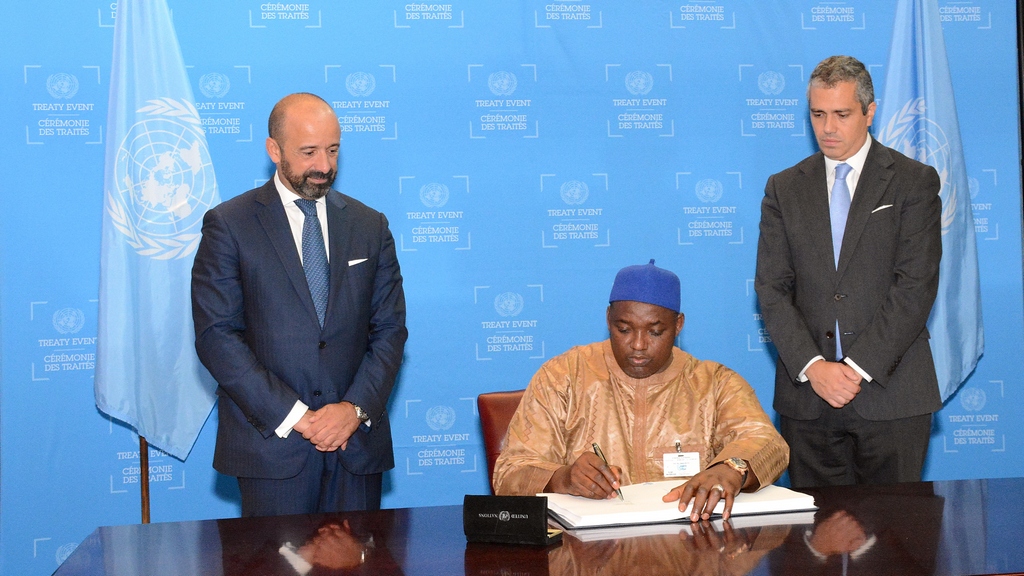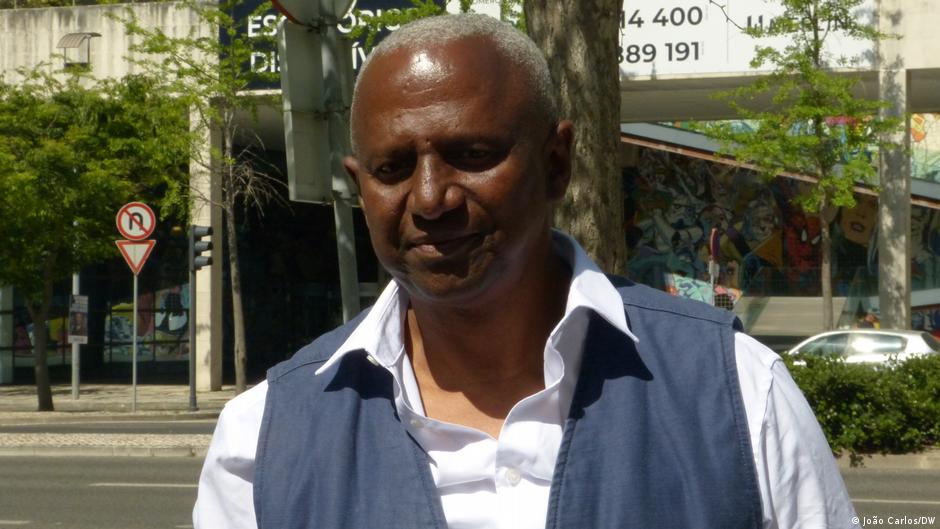Gambiaj.com – (JOHANNESBURG, South Africa) – Nomcebo Zuma, the 21-year-old daughter of former South African President Jacob Zuma, is set to marry King Mswati III of Eswatini in a union described as a match made in love, according to an Eswatini government spokesperson. The engagement was officially announced following the conclusion of Eswatini’s traditional reed dance ceremony, known as Umhlanga, which took place at the Ludzidzini Royal Palace earlier this week.
King Mswati III, 56, who has ruled Eswatini—formerly Swaziland—for 38 years, is already married to 11 wives and has had a total of 15 marriages. Despite the King’s extensive polygamous history, Alpheous Nxumalo, an Eswatini government spokesman, emphasized that the engagement between Zuma and the monarch is driven purely by affection. “Love has no eyes to see or count age. Love happens between two people, regardless of age or constitutional norms,” Nxumalo stated during an interview with the BBC’s Newsday programme.

The engagement has reignited debate about the opulence of King Mswati’s lifestyle amidst widespread poverty in Eswatini, which has one of the world’s highest HIV/AIDS infection rates. The king’s governance, marked by allegations of authoritarianism and harsh treatment of political opponents, has drawn significant criticism from both local and international communities.
Nomcebo Zuma’s engagement also highlights the deep-rooted traditional connections between Eswatini and South Africa. Her father, Jacob Zuma, who served as South Africa’s president from 2009 to 2018, is related to King Mswati through marriage. Despite a controversial presidency and ongoing legal battles, Zuma’s political influence remains strong, with his party recently achieving notable results in South Africa’s general election.
The Umhlanga ceremony, a cultural event aimed at encouraging chastity among young women, provided the setting for the king to select a new bride. Nomcebo Zuma was honored with the title “liphovela,” meaning royal fiancée, at the event.
King Mswati’s selection of young brides has faced scrutiny, particularly regarding a 2005 marriage to a 17-year-old, shortly after he lifted a ban on sexual relations for girls under 18. This decision came amid efforts to combat the HIV/AIDS epidemic, showcasing the complex interplay of tradition, governance, and public health in Eswatini.
As Nomcebo Zuma steps into her new role, the marriage continues to stir conversations about the intersection of tradition, politics, and personal relationships in one of Africa’s last remaining absolute monarchies.










